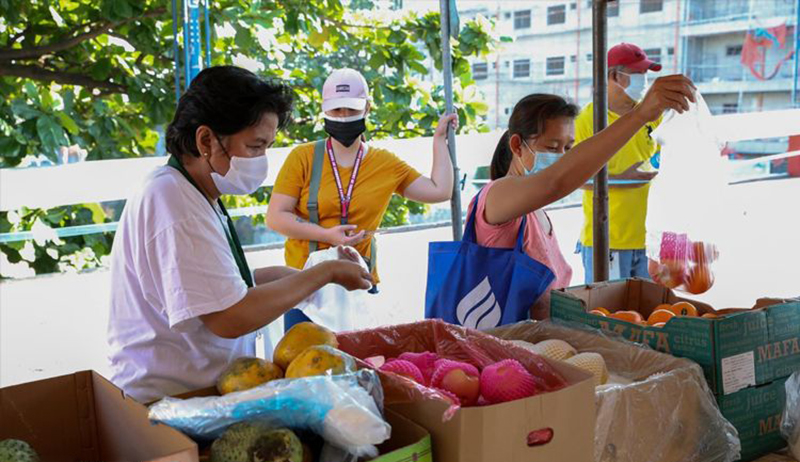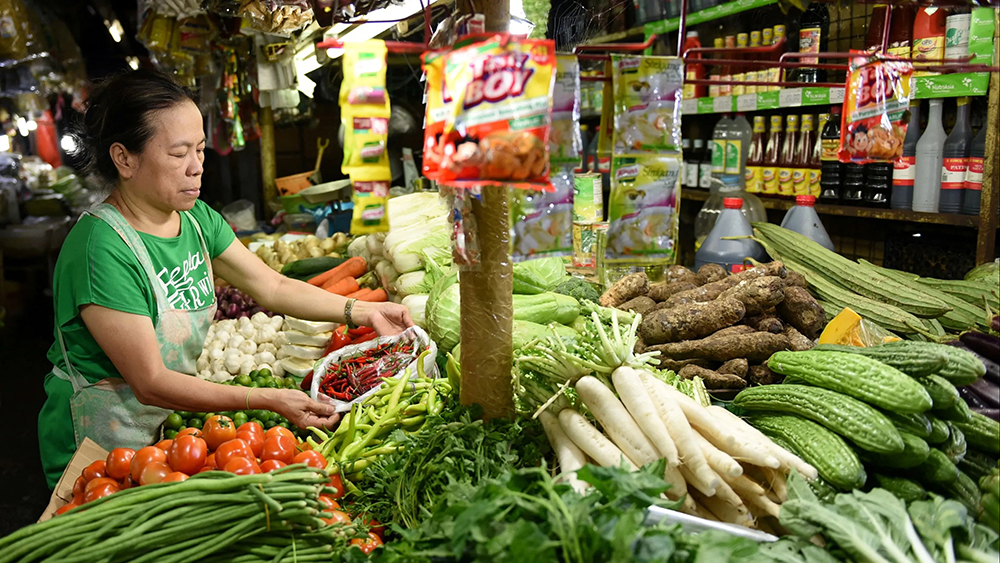The Philippines’ agri-food sector is a key pillar in the national economy, contributing to almost a third of the country’s total GDP in 2019. According to a recent report by Oxford Economics, the sector is a significant driver of the country’s post-COVID-19 economic recovery, but supply and demand risks, fiscal measures, and a drawn-out pandemic could disrupt the recovery.
Commissioned by Food Industry Asia (FIA) to better understand the challenges and economic impact of the agri-food sector faced in 2020, The Economic Impact of the Agri-Food Sector in South East Asia report highlighted that the agri-food sector’s role in driving the Philippines’ economic recovery is pivotal, creating employment, and putting food on the table at stable prices.
Findings from the report show that in 2019, the agri-food sector in the Philippines made a GDP contribution of P6.1 trillion, which marked a 16% increase from 2015. The sector is also responsible for 42.7% of the entire workforce with 18 million jobs, making it the single most critical source of employment in the economy. The sector also contributed a total of P829.5 billion in tax revenues.

A key driver for the Philippines’ agri-food sector is F&B manufacturing, which in contrast to many other Southeast Asian economies, outweighs the size of agricultural production by making up almost half (46%) of the total agri-food sector’s contribution to GDP in the Philippines.
The report also revealed that the sector was impacted by the disruptions coming from the COVID-19 pandemic, seeing a 4% contraction in 2020, or a P262.1 billion drop in GDP contribution. However, the scale of this impact was considerably smaller than what the economy endured as a whole, highlighting the essential nature of agri-food production and distribution.
Nonetheless, the sector can expect the pandemic to continue to present challenges in economic recovery. According to the report’s Economic Recovery Matrix, the Philippines showed important vulnerabilities due to its dependence on tourism to revive its food industry. It placed second worst across 10 countries when it comes to the sector’s expected economic recovery.

Mr James Lambert, Director of Economic Consulting Asia, for Oxford Economics said, “As the Philippines looks to emerge from the pandemic stronger, it is important that policymakers provide the most conducive conditions for the agri-food industry to successfully rebuild itself, and that any fiscal policy implemented is carefully planned, designed, and communicated. That will allow the industry to continue to provide the economic benefits it has delivered over recent decades.”
Mr Lambert notes that fiscal adjustments can include reducing public expenditure or raising tax revenues, which can pose a risk to the recovery of the Philippines’ agri-food sector, and subsequently the wider national economy.
The report’s Fiscal Risk Assessment Framework also found that the Philippines is amongst the most at risk in Asia from post-COVID-19 fiscal adjustments, scoring higher than China, India, and other higher-income Asia economies. This means that poorly crafted fiscal responses can have the potential of harming the agri-food sector’s recovery, impacting food security, income and employment, and economic opportunities as a whole.
The report recommends that for governments to develop successful fiscal responses that do not inhibit the recovery of the agri-food industry, three conditions need to be met: using education to influence behaviour; favouring regulatory standards over taxes; and maintaining a constant conversation with the industry.
Adding to this, FIA Executive Director, Mr Matt Kovac, highlighted the need to also understand the current and future risk landscape before implementing measures to revive the economy post-COVID-19.
Mr Kovac said, “The report has highlighted a range of substantial short-term and long-term challenges facing the agri-food sector in the Philippines, and it is crucial for policymakers to recognise and work around these risks. FIA will be utilising the report’s insights to actively engage industry stakeholders, regulators, and policymakers to facilitate constructive and collaborative discussions that would support the agri-food sector’s contribution towards the Philippines’ recovery roadmap, ensuring that gains made in the industry are not lost during these challenging times.”
Photo Sources: foodchamber.ph, cnnphilippines.com, asia.nikkei.com






